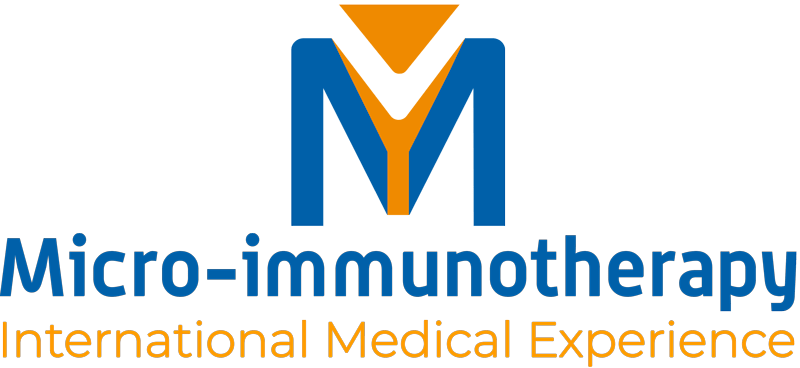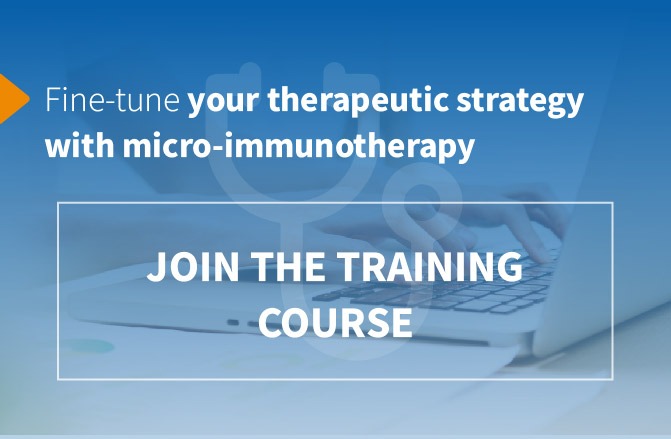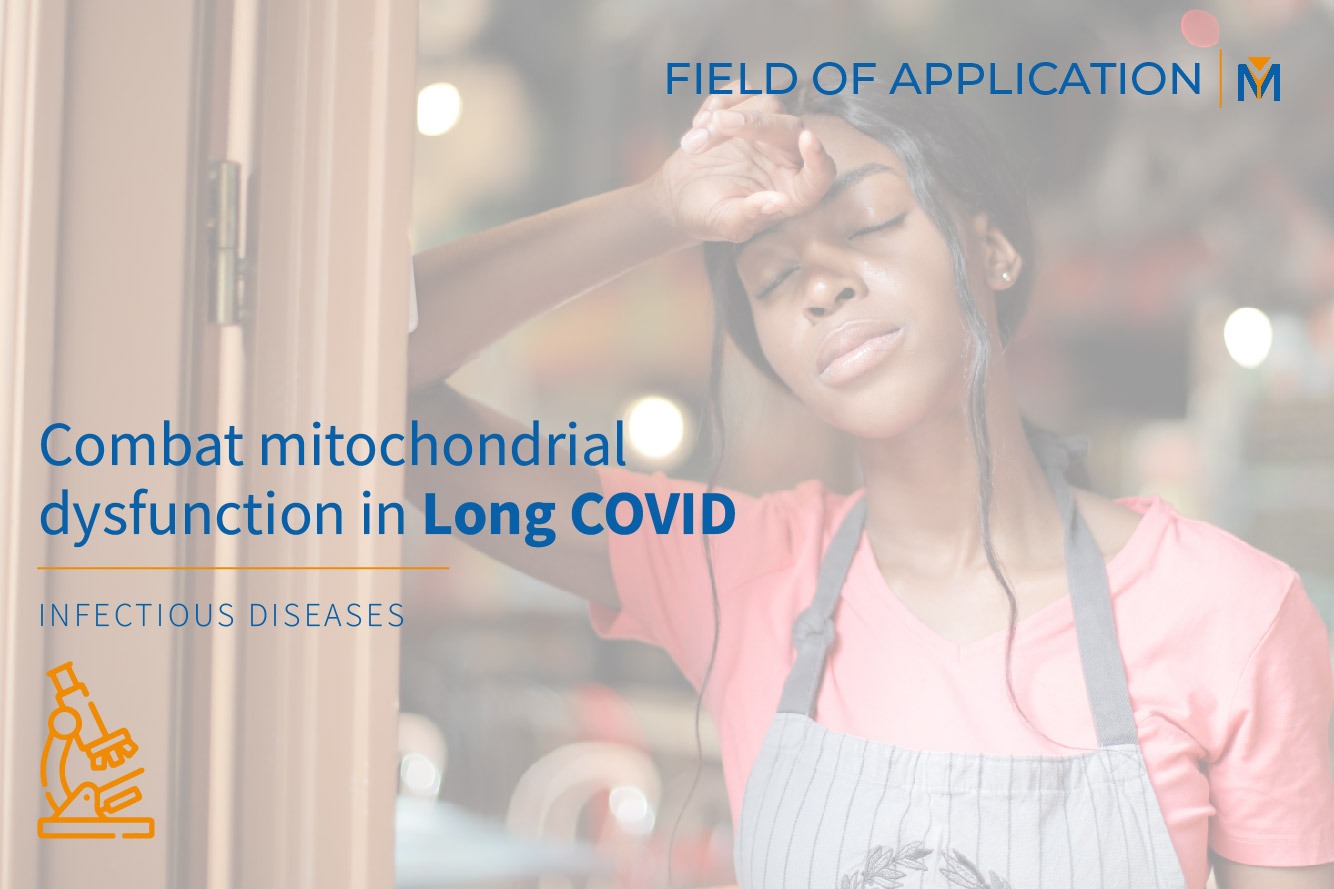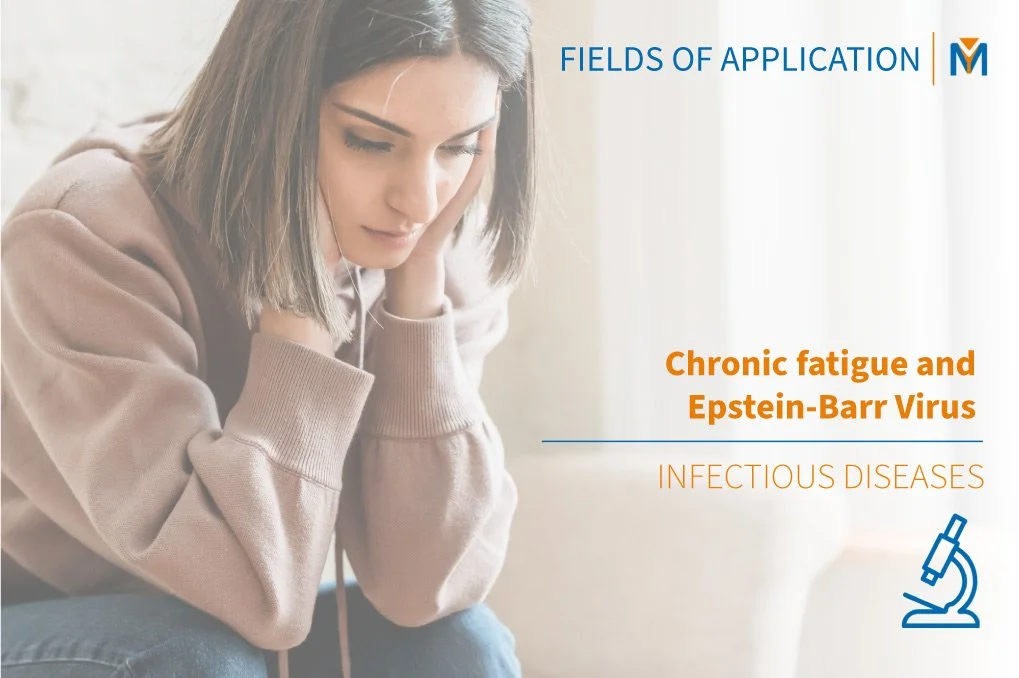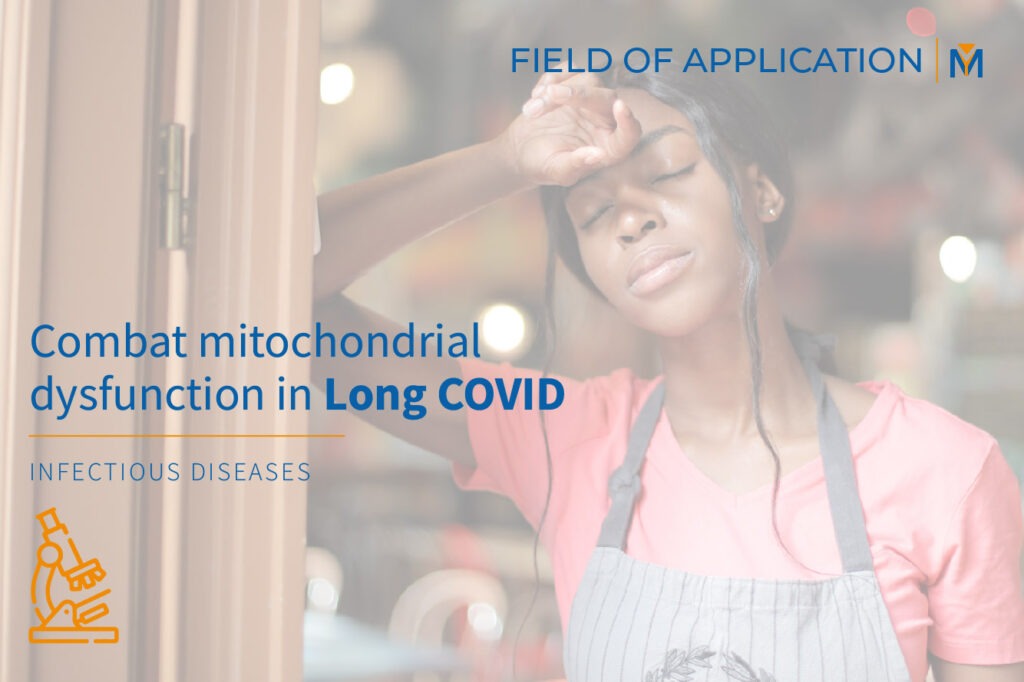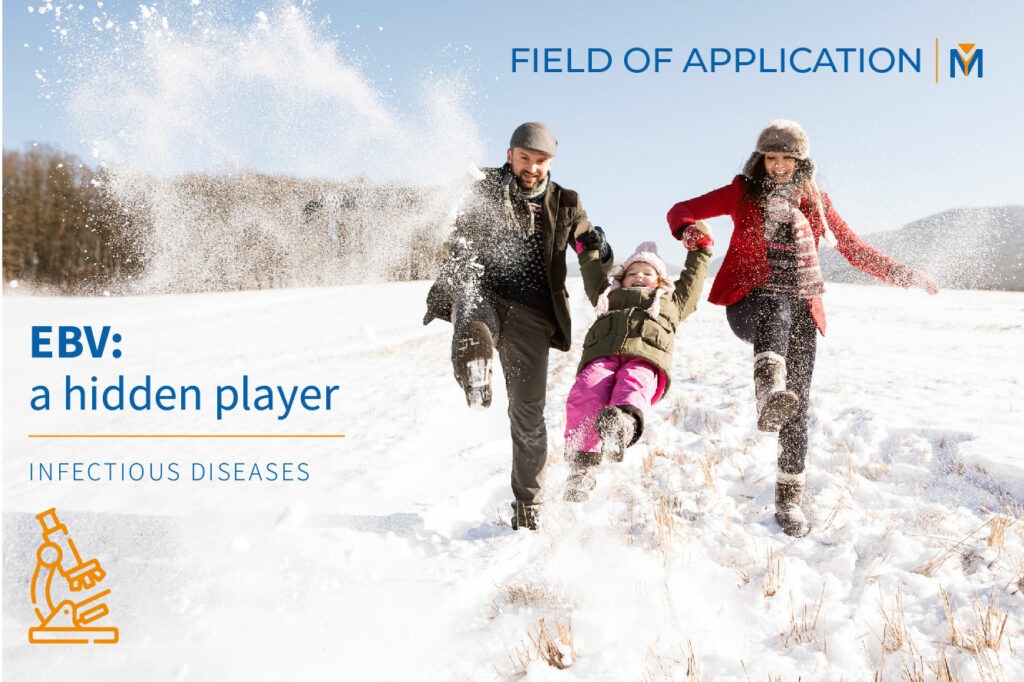(If you click on it, you will go directly to that part of the post)
What Is Post-Viral Fatigue Syndrome (PVS)?
Post-viral fatigue syndrome is a medical condition characterized by persistent fatigue that lingers for weeks or even months after recovering from an acute virus infection. This condition has gained significant attention in the medical community due to COVID-19. Some patients who have had a SARS-CoV-2 infection continue to experience related symptoms even after overcoming the initial acute infection.
In severe cases, complete recovery can be slow and may require the support of healthcare professionals. However, it is important to note that a considerable number of patients with a mild course of disease also report symptoms that appear and disappear spontaneously, persisting for extended periods. This is known as Post-COVID or Long COVID.
However, post-viral fatigue syndrome has been around for longer. SARS-CoV-2 is not the only virus that has been shown to be involved in the pathophysiology of PVS, but other common viruses such as Influenza or EBV are also known to cause persistent symptoms after the acute infection. Already in 1950, an infectious outbreak in London was reported to have caused benign myalgic encephalitis, better known as chronic fatigue syndrome (CFS), in many affected patients.
Thirty years later in the United States, an outbreak of Epstein-Barr virus infectious mononucleosis was linked to a disease with similar symptoms.
Post-Viral Syndrome: Symptoms
Post-viral fatigue syndrome often comes along with a variety of symptoms that changes from patient to patient. Nevertheless, as the name tells, extreme fatigue is a common denominator in patients with PVS. Inability to carry out routine tasks, muscle and joint pain, sore throat,mood swings and poor concentration are also prominent. Other reported symptoms include insomnia, dizziness and/or shortness of breath.
The duration of this post-viral fatigue varies from patient to patient, depending on their immune system and how it copes with it. Diagnosed cases have helped to give an estimate of how long the fatigue can last, ranging from 3 weeks to 2 months after acute infection.
What Are Post-Viral Fatigue’s Main Causes?
Symptoms of post-viral fatigue syndrome are often overlapping with symptoms of ME/CFS (myalgic encephalomyelitis or chronic fatigue syndrome). It is thereby suspected that there may be common underlying mechanisms to these conditions. However, the exact causes of post-viral fatigue syndrome remain to be elucidated, just as in CFS.
Studies have shown that there is frequently an inherited predisposition in some patients to develop chronic fatigue. These patients may have an altered sensitivity and generate defective physiological responses to physical and/or psychological stimuli.
Post-viral fatigue syndrome is complex and multifactorial. According to clinical experience, the following are among the factors and physiological processes that contribute to the persistence of symptoms after a viral infection:
Post viral inflammatory syndrome
Viruses such as influenza or coronavirus have been found in nervous system tissues even though they have not produced neurological symptoms; this leads some authors to believe that there is a fundamental inflammatory component involved. Cytokines responsible for the antiviral response could cause a decrease in tryptophan in the brain and, on the other hand, an infectious and/or inflammatory state would favour the permeability of the blood-brain barrier to pro-inflammatory cytokines.
Viruses Waking Up Other Viruses: EBV & Co
Immune depletion as a result of antiviral defence can also lead to transient immunodeficiency states, which in turn can be associated with reactivation of latent viruses in the body, such as EBV (Epstein-Barr virus) or VZV (Varicella-zoster virus).
A Quest for Energy: Mitochondria
A virus infection may damage the immune system through excessive oxidative stress impairing mitochondrial function. A constant production of cytokines during the cytokine storm may cause immune exhaustion, hindering the body from responding appropriately to situations of fatigue or stress.
Impaired Intestinal Barrier: Dysbiosis
Given the complexity and variety of factors involved in PVS, it is essential to assess the individual risk factors of each patient, in particular the functioning of the gastrointestinal tract and the pathological processes, in order to establish a therapeutic strategy adapted to each patient.
Kay targets in the treatment of patients with PVS include: regenerating the intestinal wall, metabolic regulation, endocrine regulation, regulation of inflammatory pathways and mitochondrial regulation. It is also essential to check for hidden viruses such as EBV or CMV that may be impairing the overall immune performance.
How To Treat Post-Viral Syndrome? A Multilevel Approach
Given the complexity and variety of factors involved in PVS, it is essential to assess the individual risk factors of each patient, in particular the functioning of the gastrointestinal tract and the pathological processes, in order to establish a therapeutic strategy adapted to each patient.
Kay targets in the treatment of patients with PVS include: regenerating the intestinal wall, metabolic regulation, endocrine regulation, regulation of inflammatory pathways and mitochondrial regulation. It is also essential to check for hidden viruses such as EBV or CMV that may be impairing the overall immune performance.
Micro-immunotherapy: Addressing The Root Causes At Multiple Fronts
Micro-immunotherapy aims to regulate the immune response, restoring and normalising its functioning, helping the body cope with imbalances caused by immune stressors such as viral reactivations, chronic stress or oxidative stress. It is an immunomodulatory approach and is therefore not aimed at alleviating a specific symptom or disorder. Instead, it seeks to address the underlying causes of disease. Through low doses of immune messenger substances administered in specific sequences, it provides the body and the immune system with the necessary keys to regulate itself and deal with these alterations.
Micro-immunotherapy can be a valuable option in the health professional’s therapeutic strategy for the treatment of post-viral fatigue syndrome, as it aims to restore immune balance by regulating inflammatory pathways, supporting mitochondrial function and stress management through HPA axis regulation. It also provides specific antiviral formulas directed at supporting the antiviral defence and thus neutralising viruses that may be contributing to immunodeficiency. Hence it is a valuable tool that can be integrated into PVS treatment to promote sustainable recovery and long-term health.
- Kari Tveito. #longcovid. Tidsskritet. Enero 2021. Disponible en: https://tidsskriftet.no/en/2020/10/fra-redaktoren/longcovid.
- Chu L, Valencia IJ, Garvert DW, Montoya JG. (2019) Onset, patterns and course of Myalgic Encephalomyelitis/Chronic Fatigue Syndrome. Frontiers in Pediatrics. Vol 7 (12) doi: 10.3389fped.2019.00012.
- Carfi et al. Persistent Symptoms in Patients After Acute COVID-19. JAMA. 2020;324(6):603-605. doi:10.1001/jama.2020.12603.
- Ceban F, Ling S, Lui LMW, Lee Y, Gill H, Teopiz KM, Rodrigues NB, Subramaniapillai M, Di Vincenzo JD, Cao B, Lin K, Mansur RB, Ho RC, Rosenblat JD, Miskowiak KW, Vinberg M, Maletic V, McIntyre RS. Fatigue and cognitive impairment in Post-COVID-19 Syndrome: A systematic review and meta-analysis. Brain Behav Immun. 2022 Mar;101:93-135. doi: 10.1016/j.bbi.2021.12.020. Epub 2021 Dec 29.
